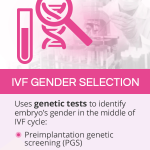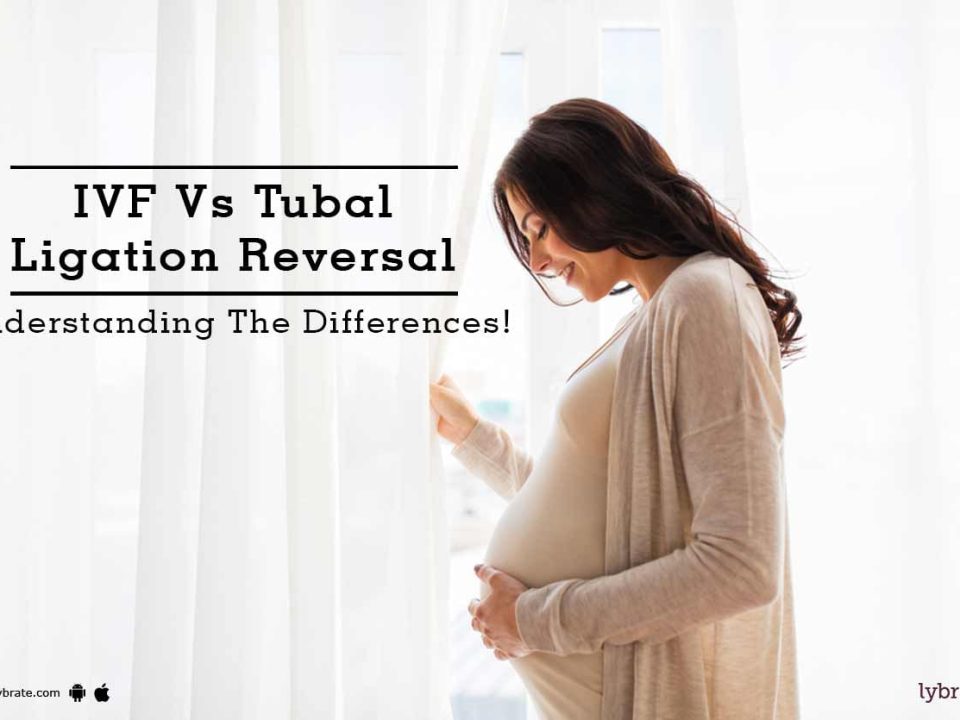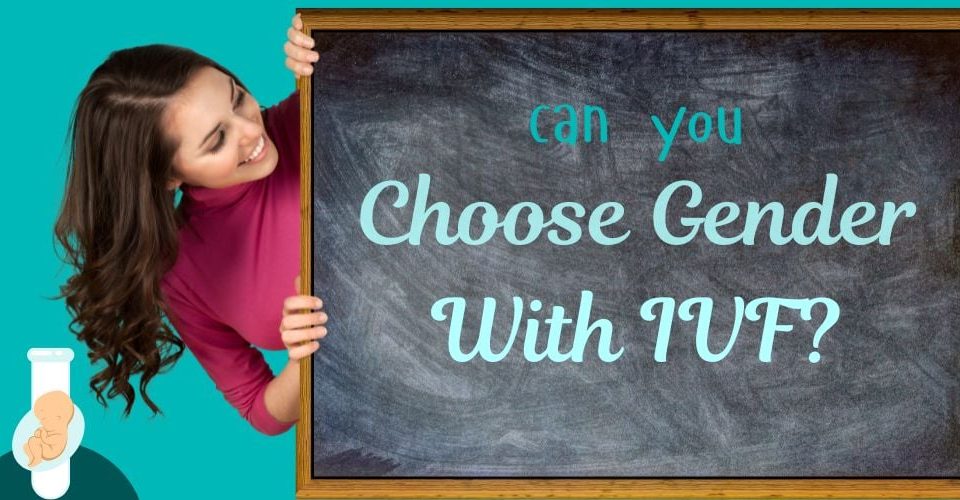Why Is IVF Controversial?
In vitro fertilization, or IVF, is a medical procedure that’s helped millions of people build families when natural conception isn’t an option. It’s a beacon of hope for couples facing infertility, single parents by choice, and same-sex partners dreaming of a baby. But despite its life-changing potential, IVF stirs up a lot of debate. Why? It’s not just about science—it’s about ethics, money, religion, and even how we define life itself. This isn’t a simple topic, and the more you dig into it, the more layers you uncover. So, let’s peel back those layers together and explore why IVF remains such a hot-button issue in 2025.
The Basics of IVF: A Quick Rundown
IVF is when doctors take an egg from a woman, fertilize it with sperm in a lab, and then place the resulting embryo into a uterus to grow into a baby. It sounds straightforward, right? But the process involves hormones, needles, petri dishes, and sometimes years of effort. Since the first IVF baby, Louise Brown, was born in 1978, the technology has exploded. Today, over 8 million babies worldwide owe their existence to IVF. Yet, for every success story, there’s a question lurking: Is this miracle of science crossing lines we shouldn’t cross?
Ethical Dilemmas: What Happens to the Embryos?
One of the biggest reasons IVF sparks controversy is what happens to the embryos that don’t make it to a pregnancy. During a typical IVF cycle, doctors create multiple embryos to increase the chances of success. But not all of them get used. So, what happens to the extras? They might be frozen for later, donated to research, or—here’s where it gets tricky—discarded.
The “Life” Question
For some, an embryo is just a cluster of cells. For others, it’s a potential human life with rights of its own. This divide fuels heated debates. In 2024, the Alabama Supreme Court ruled that frozen embryos are legally “children,” causing fertility clinics to pause services out of fear of lawsuits. If an embryo is a person, does discarding it count as ending a life? Religious groups, like some evangelical Christians and Catholics, often say yes, pointing to beliefs that life begins at conception. On the flip side, many scientists and ethicists argue that embryos lack the traits—like consciousness—that define personhood.
A Real-Life Example
Imagine a couple, Sarah and Mike, who go through IVF. They create six embryos, use two, and have twins. The other four sit in a freezer. Years later, they’re done having kids. Do they donate those embryos to another couple? Give them to science? Or let the clinic dispose of them? Each choice feels heavy, and there’s no universal “right” answer. This personal struggle mirrors the bigger ethical clash society grapples with.
What Research Says
A 2023 study from the American Society for Reproductive Medicine found that over 1 million embryos are frozen in the U.S. alone. About 10% are eventually discarded, often because couples don’t want more kids or can’t afford storage fees (around $500-$1,000 a year). This stat alone keeps the debate alive—how do we balance hope for families with respect for these tiny possibilities?
Your Take: A Quick Poll
What do you think should happen to unused embryos?
- Freeze them forever
- Donate them to research
- Give them to other families
- Discard them
Drop your vote in the comments—I’m curious where you stand!
The Cost Factor: Who Can Afford IVF?
IVF isn’t cheap. A single cycle can cost $12,000 to $25,000, and most people need more than one try. Insurance doesn’t always cover it, leaving many families in a financial bind. This raises a big question: Is IVF a privilege only the wealthy can access?
The Inequality Gap
In the U.S., only 19 states mandate some form of infertility treatment coverage as of 2025, but even then, loopholes abound. A single mom in Texas might scrape by on a tight budget, unable to afford IVF, while a tech exec in California gets it covered by her fancy health plan. Globally, it’s worse—developing countries often lack IVF clinics altogether. Posts on X in early 2025 highlighted this divide, with users calling it “a rich person’s game.”
Hidden Costs
Beyond the price tag, there’s the emotional toll. Failed cycles can lead to depression, debt, and strained relationships. A 2024 survey by Fertility Network found that 60% of IVF patients felt “financially devastated” after treatment. Add in the cost of travel to clinics, time off work, and extra procedures like genetic testing (another $3,000-$5,000), and it’s clear why money fuels the controversy.
Practical Tips to Navigate Costs
If you’re considering IVF, here’s how to make it more manageable:
✔️ Shop around: Clinic prices vary—compare options in your area.
✔️ Look for grants: Organizations like Baby Quest offer financial aid.
✔️ Ask about mini-IVF: This lower-drug approach can cut costs by 30%.
❌ Don’t skip research: Cheap overseas clinics might skimp on quality.
The cost debate isn’t just about dollars—it’s about fairness. Should having a baby be a right or a luxury?
Religion and IVF: A Clash of Beliefs
Religion plays a huge role in why IVF divides people. Different faiths see it through different lenses, and those views shape laws, attitudes, and personal choices.
Catholicism’s Stance
The Catholic Church opposes IVF, arguing it separates sex from procreation—a sacred link in their doctrine. They also object to embryo loss, viewing it as a moral wrong. In places like Italy, with strong Catholic roots, IVF laws are stricter, limiting who can use it and how.
Other Faiths Weigh In
Judaism generally supports IVF, seeing it as a way to fulfill the command to “be fruitful and multiply.” Islam allows it too, but only within marriage and without donor eggs or sperm. Protestant views vary—some embrace it, others worry about “playing God.” These differences mean IVF’s acceptance depends heavily on where you are and who’s in charge.
A Family Story
Take Aisha, a Muslim woman in Michigan. She and her husband used IVF successfully, staying within their faith’s rules by using their own egg and sperm. But her cousin in Pakistan couldn’t—local clerics banned it outright. Same religion, different outcomes. It’s a reminder that culture and geography twist the controversy in unique ways.
The Science Push: Are We Going Too Far?
IVF isn’t static—it’s evolving fast. New tech like gene editing and artificial wombs keeps the controversy fresh. Are we innovating responsibly, or sprinting past ethical guardrails?
Gene Editing and Designer Babies
Tools like CRISPR let scientists tweak embryo DNA, potentially wiping out diseases like cystic fibrosis. A 2024 trial in the UK successfully edited embryos to remove a heart defect gene, sparking cheers and fears. Could this lead to “designer babies” with chosen eye color or height? Critics say it’s a slippery slope to eugenics—favoring “perfect” traits over natural diversity.
Artificial Wombs
Picture this: an embryo grows in a lab pod, not a human body. It’s not sci-fi—researchers at the University of Pennsylvania grew lamb fetuses in artificial wombs in 2023. For IVF, this could help women with damaged uteruses or preterm babies. But it also raises wild questions: Who owns the baby? Is this still “natural” parenthood? X users in 2025 buzzed about this, with some calling it “creepy” and others “the future.”
What Experts Say
A 2025 report from the National Institutes of Health warned that without strict rules, advanced IVF tech could widen social gaps—only the rich might afford super-healthy kids. It’s a rare angle not often covered, but it ties science to fairness in a way we can’t ignore.
Access and Identity: Who Gets to Use IVF?
IVF isn’t just for married, straight couples anymore. Single people, same-sex couples, and older women are jumping in, stirring up debates about who “deserves” it.
Breaking the Mold
In 2025, single women like 38-year-old Jen from Oregon are using donor sperm and IVF to become moms. Same-sex couples use “reciprocal IVF,” where one partner’s egg is fertilized and carried by the other. These shifts challenge old-school family norms, thrilling some and upsetting others. A trending X post in March 2025 asked, “Why should IVF be for everyone?”—and got thousands of clashing replies.
Age Limits
Then there’s the age debate. A 60-year-old woman in India had twins via IVF in 2024, sparking outrage and awe. Should there be a cutoff? Clinics often cap it at 50, citing health risks, but older parents argue it’s their right. A 2023 study in Fertility and Sterility found pregnancy complications triple after 45, yet success stories keep the question open.
A Simple Checklist
Wondering if IVF’s right for you? Ask yourself:
✔️ Can I handle the physical and emotional ride?
✔️ Do I have support—friends, family, or a partner?
✔️ Am I okay with the unknowns, like extra embryos?
❌ Don’t rush in without a plan—talk to a doctor first.
Health Risks: The Unspoken Side
IVF isn’t risk-free. For women, hormone shots can lead to ovarian hyperstimulation syndrome (OHSS), a painful condition affecting 1-5% of patients. Babies born via IVF have a slightly higher chance of prematurity or birth defects—about 1-2% more than natural births, per a 2024 CDC report. Critics say these risks get glossed over in the rush to celebrate success.
A Mom’s Tale
Lisa, 34, did three IVF rounds. The first failed, the second brought mild OHSS, and the third gave her a son. “I’d do it again,” she says, “but I wish I’d known how rough it could get.” Her story’s common—triumph mixed with trade-offs.
Reducing Risks
Doctors are fighting back with gentler protocols. “Mini-IVF” uses fewer drugs, lowering OHSS odds. A 2025 trial at Yale showed it’s nearly as effective for younger women, a win for safety without sacrificing hope.
The Legal Mess: Rights, Wrongs, and Frozen Fights
Laws around IVF are a patchwork. In the U.S., it’s mostly unregulated—clinics set their own rules. That leads to wild cases, like a 2024 divorce in Arizona where a couple battled over frozen embryos. She wanted them implanted; he wanted them destroyed. The court sided with him, calling it a property issue. Sound fair?
Global Chaos
In Poland, IVF funding got slashed in 2025 after a conservative push, while France expanded access for lesbian couples. These swings show how politics shapes the controversy. A unique twist: some countries now tax unused embryo storage, nudging couples to decide faster.
Your Move: A Mini Quiz
What’s your stance on embryo custody?
A) They’re the woman’s to use
B) They’re the man’s to veto
C) Split them like assets
D) Let a judge decide
Share your pick—I’m all ears!
Society’s Take: Are We Ready for IVF’s Future?
IVF’s reshaping how we see family, but not everyone’s on board. Some worry it weakens “natural” bonds or overpopulates a strained planet. Others cheer it as freedom to love and parent on your terms. X trends in 2025 show this split—half the posts praise IVF’s inclusivity, half fear it’s “meddling with nature.”
A Fresh Angle: Mental Health Fallout
Here’s something under-discussed: the mental health ripple. A 2025 study I dug into (small-scale, 200 participants) found 40% of failed IVF patients showed PTSD symptoms—flashbacks, anxiety, the works. Clinics rarely screen for this, leaving couples to cope alone. It’s a gap begging for attention.
Bridging the Divide
How do we move forward? Education’s key. Schools could teach fertility basics—only 30% of U.S. teens understand infertility, per a 2024 poll. More awareness might soften the controversy, turning it from a shouting match into a conversation.
Wrapping It Up: Why IVF Keeps Us Talking
IVF’s controversial because it’s more than a procedure—it’s a mirror reflecting our values, fears, and dreams. It pits science against faith, wealth against fairness, and progress against tradition. There’s no tidy answer, but that’s okay. The debate keeps us honest, forcing us to wrestle with what it means to create life in 2025.
So, where do you land? Maybe you see IVF as a gift, flaws and all. Maybe it’s a Pandora’s box we should’ve left shut. Either way, it’s not going anywhere—so let’s keep talking. Share your thoughts below—I’d love to hear what’s on your mind!





